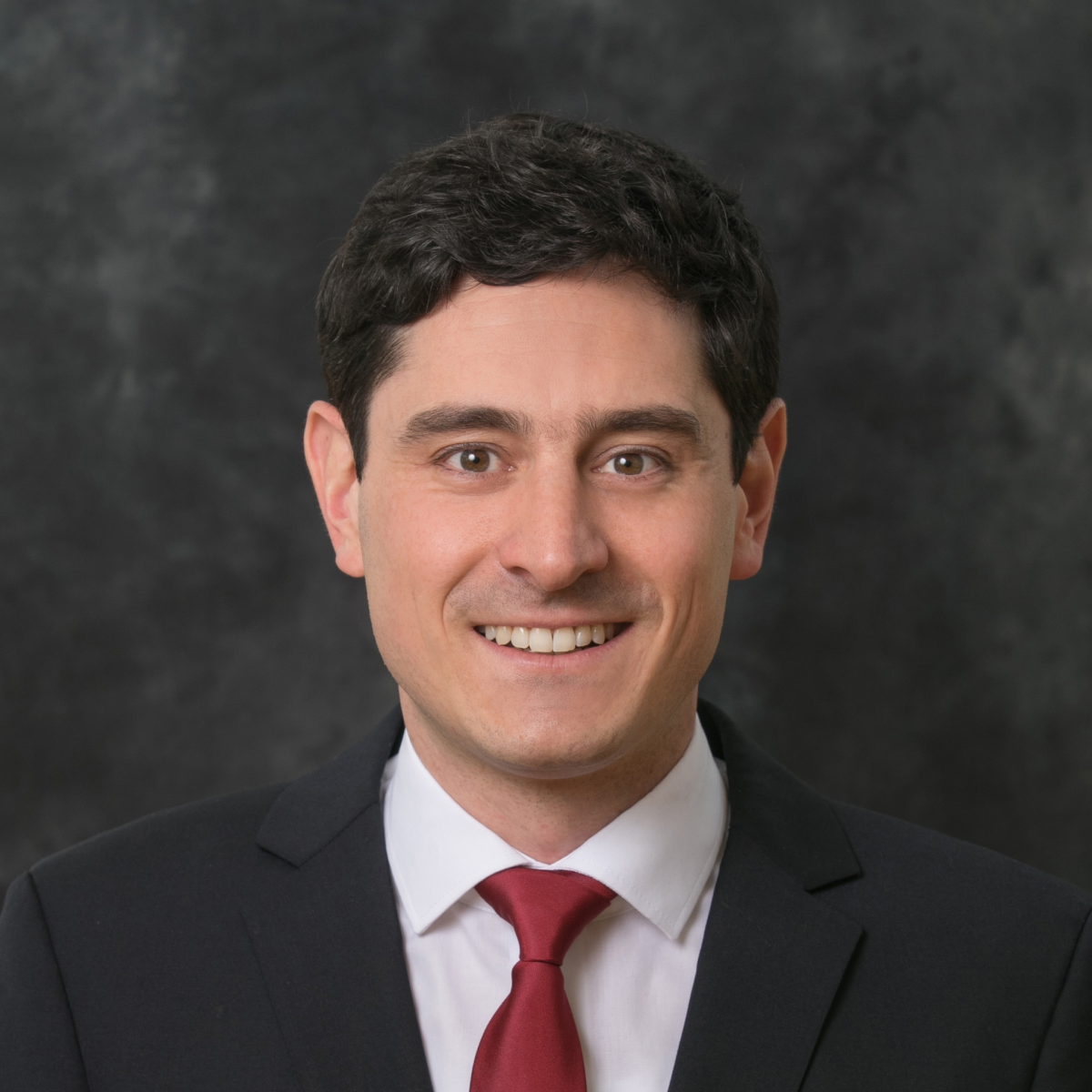Schaefer School Records Second Straight Year With Five NSF CAREER Award Winners
Shima Hajimirza, Tian Han, Philip Odonkor, Christopher Sugino and Johannes Weickenmeier receive 2024 National Science Foundation honors as exemplary early-career researchers and educators
Five junior faculty from Stevens Institute of Technology were awarded 2024 National Science Foundation (NSF) CAREER Awards.
This year’s cohort includes three faculty from the Department of Mechanical Engineering in the Charles V. Schaefer, Jr. School of Engineering and Science — Shima Hajimirza, Christopher Sugino and Johannes Weickenmeier; Assistant Professor Tian Han from the Department of Computer Science; and Assistant Professor Philip Odonkor from the Department of Systems and Enterprises.
The NSF CAREER Award recognizes junior faculty for their dedication to innovative research and education. The award typically provides a minimum of $400,000 in funding over the course of five years for ongoing research with an emphasis on education. This year’s winners:
Shima Hajimirza: Making Energy Transfer More Efficient
Shima Hajimirza, a newly appointed associate professor as of September 2024 and director of the Energy Control and Optimization (ECO) Lab at Stevens, aims to impact energy efficiency, safety and equipment longevity in numerous technologies and industrial processes with her research. She received $519,309 from the NSF for her project “Precise Mathematical Modeling and Experimental Validation of Radiation Heat Transfer in Complex Porous Media Using Analytical Renewal Theory.”
The five-year project seeks to develop advanced mathematical and computational models that significantly improve the accuracy, speed and applicability of radiation heat-transfer estimations beyond the capabilities of existing methods. This research could revolutionize the way energy transport is measured and managed at multiple scales. Potential impacts include enhancing solar energy systems, improving thermal management in electronic devices, and developing more efficient and sustainable energy technologies, including new materials with optimized thermal properties.
Tian Han: Using Context to Make Generative AI More Helpful
With artificial intelligence (AI) becoming an increasing part of our everyday lives, Tian Han is working to maximize the utility of generative AI, specifically complex data such as images, text, audio and videos. Han received $599,729 from the NSF to analyze the data from these files and use that understanding to create accurate, reliable content that makes a difference in the world.
Users can’t easily control the output many generative AI models deliver, leading to biased or even inappropriate results that raise ethical and safety concerns. And when people train those models, they typically only consider and use one type of data, such as text data for a text-generative model. It’s a limiting approach that restricts what the models can do. With his CAREER grant, Han is developing more versatile models that recognize context clues, are easier to control and are multimedia-friendly.
The grant also includes funding to train undergraduate, graduate and Ph.D. students. Research topics and findings will be used to further strengthen the AI curriculum at Stevens to continue to help lead the future of generative AI.
Philip Odonkor: Sharing Energy Smartly Among Buildings
Philip Odonkor's ambitious project, titled “Evaluating Cooperative Intelligence in Connected Communities,” sets out to explore a future where groups of buildings can autonomously cooperate to share energy resources such as solar panels, batteries and generators. Over the next five years, Odonkor will harness the power of multi-agent simulations and real-world experiments to uncover how cooperation can emerge, persist and lead to collective benefits — from energy savings to enhanced climate adaptation and community resilience.
Odonkor received a $509,383 grant from the NSF, with which he will enlist the help of both graduate students and pre-college students. The graduate students will utilize the resulting testbed to explore their own projects, envisioning the cities of tomorrow and examining how cooperative behaviors could yield benefits beyond just energy management. Meanwhile, pre-college students will work with a gamified version of the final testbed, allowing them to creatively re-envision the city of Hoboken, New Jersey, as a connected, cooperative urban ecosystem.
Christopher Sugino: Rethinking Human Interaction With Sound
Christopher Sugino is working to reframe how people interact with sounds and acoustic waves. Through his groundbreaking, five-year, $650,081 NSF CAREER grant, "Non-Local Metamaterials and Metasurfaces for Next-Generation Non-Reciprocal Acoustic Devices," Sugino will challenge the conventional boundaries of reciprocal acoustics.
The project builds on Sugino’s expertise in metamaterials and metasurfaces. One day, he realized that existing research might be missing something very simple — researchers study how sound moves through time and space, but their control has been limited to time. If those reactions can be shifted in space as well, it may be possible to unlock new possibilities for controlling sound. Sugino decided to change how the unit cells of metamaterials — architected structures engineered to have unconventional properties — interact with each other and with sound waves.
The project will also involve educational outreach to help local middle school students learn about acoustics and explore the connections among sound, urban environments and engineering careers.
Johannes Weickenmeier: Beating Cognitive Decline to the Punch
Johannes Weickenmeier received a $570,574 CAREER Award for his project, “Biomechanical Characterization of Periventricular White Matter and Its Age-Related Degeneration.” The five-year project seeks to use experimental and computational strategies to explain the impact of decade-long brain shape changes on functional brain structures.
Brain aging is characterized by progressive neurodegeneration that leads to cognitive slowing and functional decline. Cell-level changes manifest on the organ level in the form of cortical thinning, white matter shrinking and, most notably, lateral ventricular enlargement, in which the fluid-filled spaces of the brain (the lateral ventricles) become larger than usual.
Weickenmeier will combine medical image registration, brain tissue experiments and constitutive modeling to study how progressive tissue loss drives ventricular enlargement. He will also show how such loss is visible in medical imaging and establish a brain aging model that predicts ventricular enlargement and corresponding periventricular white matter lesion locations. This research stands to allow clinicians to identify subjects showing signs of abnormal aging early on.





